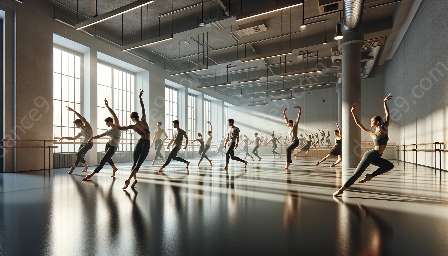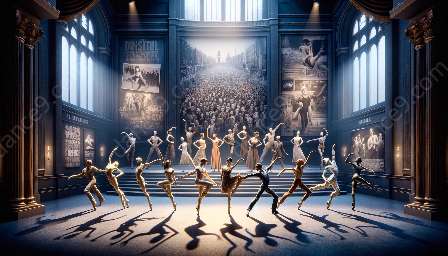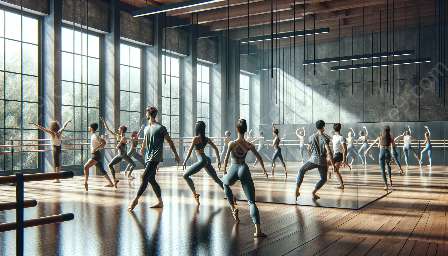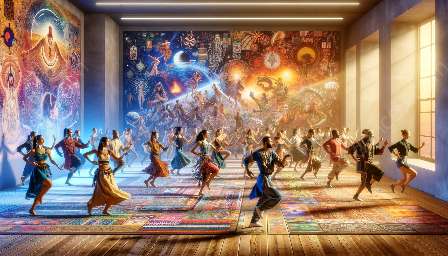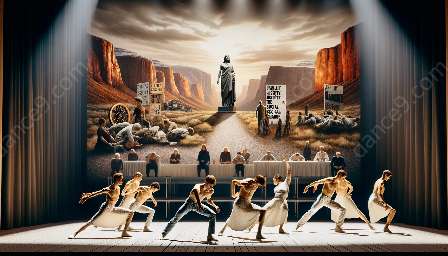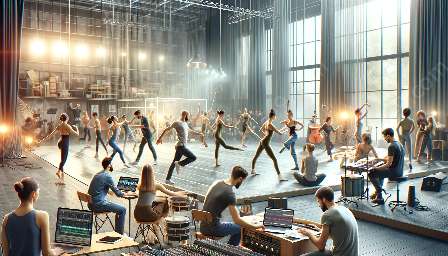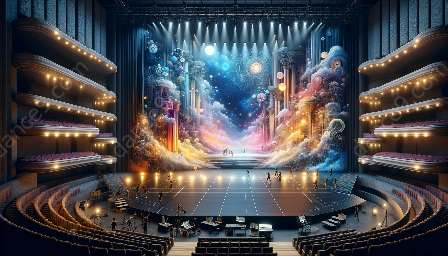Contemporary dance has become a dynamic and diverse art form, giving rise to a multitude of critical perspectives and debates.
1. Tradition vs. Innovation: One major debate within contemporary dance criticism revolves around the tension between preserving traditional dance forms and embracing innovation. Critics discuss the impact of modern technology and choreographic experimentation on the authenticity and essence of contemporary dance.
2. Cultural Appropriation: In the context of globalized dance practices, critics engage in discussions regarding cultural appropriation and representation within contemporary dance. This debate highlights the ethical considerations of borrowing and integrating diverse cultural elements into choreography and performances.
3. Commercialization vs. Artistic Integrity: The commercialization of contemporary dance and its impact on artistic integrity is a recurring topic of debate. Critics analyze the balance between commercial success and the preservation of artistic values and social relevance in contemporary dance productions.
4. Gender and Identity Politics: Contemporary dance criticism also delves into the exploration of gender and identity in choreography and performance. Debates focus on the portrayal and representation of diverse gender identities, as well as the power dynamics and inequalities within the contemporary dance industry.
5. Accessibility and Education: Another key debate centers on the accessibility of contemporary dance and the role of dance education in shaping critical perspectives. Critics examine the democratization of dance and the challenges of promoting inclusivity while maintaining the cultural and artistic significance of contemporary dance.
These debates collectively contribute to the rich tapestry of critical discourse surrounding contemporary dance, reflecting the evolving nature of the art form and its social, cultural, and aesthetic implications.


